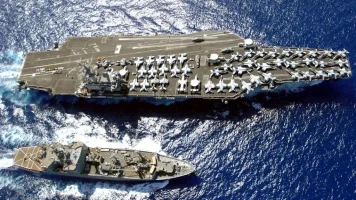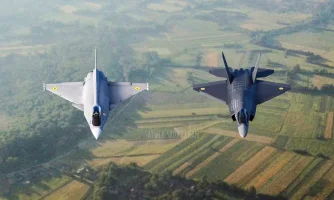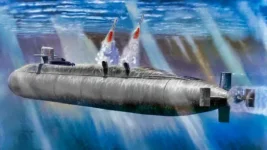- Views: 6K
- Replies: 38

The Indian Navy is set to significantly expand its underwater fleet with the acquisition of three additional Scorpene-class submarines. A deal worth over Rs 36,000 crore has been finalized with Mazagon Dockyards Limited (MDL), with the contract expected to be signed by March 31st. This move comes as India seeks to bolster its naval capabilities amidst growing regional challenges.
This latest acquisition, however, has raised eyebrows due to the substantial increase in cost compared to the previous batch of Scorpene submarines. Each of the new submarines is estimated to cost around Rs 12,000 crore, nearly three times the price of the earlier submarines built under Project-75. Those vessels, also constructed by MDL in collaboration with France's Naval Group, were acquired for approximately Rs 3,500 crore each, with the total cost for all six amounting to Rs 21,000 crore.
Sources within the defence establishment have indicated that the higher cost can be attributed to several factors. The new submarines will boast 60% indigenous content, nearly double that of the previous batch, promoting India's 'Make in India' initiative in defence manufacturing. They will also incorporate design modifications, aligning them with the Scorpene class submarines being supplied to the Brazilian Navy, resulting in slightly larger vessels.
Despite these advancements, concerns remain about the significant price escalation. The deal, as it stands, does not include the cost of installing the Air Independent Propulsion (AIP) system developed by the Defence Research and Development Organisation (DRDO). This system, designed to enhance the submarines' submerged endurance, will further add to the overall expenditure.
The decision to procure additional Scorpene submarines was prompted by delays in Project-75(I), which aims to acquire six advanced submarines with AIP. These new submarines will serve as a crucial stopgap as the Indian Navy awaits the induction of its first indigenously designed nuclear attack submarine (SSN) by 2036-37.
This procurement underscores India's commitment to modernizing its naval forces and maintaining a credible deterrent in the Indian Ocean region. However, it also highlights the challenges associated with balancing ambitious defence requirements with budgetary constraints. The government's push for indigenization is evident, but questions about cost-effectiveness in the procurement process persist.



